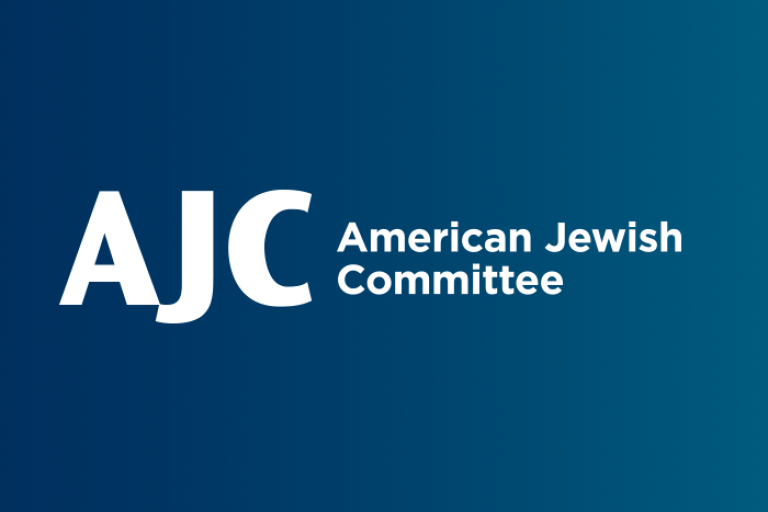January 13, 2016 — New York, New York
AJC mourns the passing in New Delhi today of the Indian soldier and statesman Lt. Gen. (ret.) J.F.R. Jacob, 92, for decades the most prominent member of his country’s Jewish community, whose remarkable life included service in World War II in the Middle East and Southeast Asia, and command of India’s Eastern Army during the liberation of Bangladesh from Pakistan in 1971.
“Jack Jacob’s contributions to peace and security in South Asia, as well as to the burgeoning and mutually beneficial relationship between India and Israel, are incalculable and enduring,” said Jason Isaacson, AJC Associate Executive Director for Policy, who enjoyed a 20-year friendship with the General and last visited him in his Delhi home last October. “A warrior, a man of peace, a patriot, a man of letters, and a committed Jew, he was a giant – and he will be missed.”
The highest ranking military officer in the history of the Indian Jewish community, Jacob retired in 1978, and began a second career in public life – as an adviser and commentator on political and strategic affairs. He served as Governor of two Indian states under BJP governments – Goa and Punjab. His 1997 book Surrender at Dacca: Birth of a Nation, is a definitive account of the Bangladesh campaign. He related his life story in the 2011 memoir, An Odyssey in War and Peace.
In a 2013 AJC visit to India, then-President Robert Elman presented Jacob with AJC’s Global Leadership Award, calling him a “national treasure” and a “hero” of the Jewish people.
General Jacob participated in AJC Global Forums in Washington, D.C. – as well as in Commonwealth Jewish gatherings. During the 2008 consideration in Washington of the U.S.-India Civil Nuclear Agreement, AJC hosted briefings by Jacob and a delegation of retired Indian military officers in four U.S. cities.


